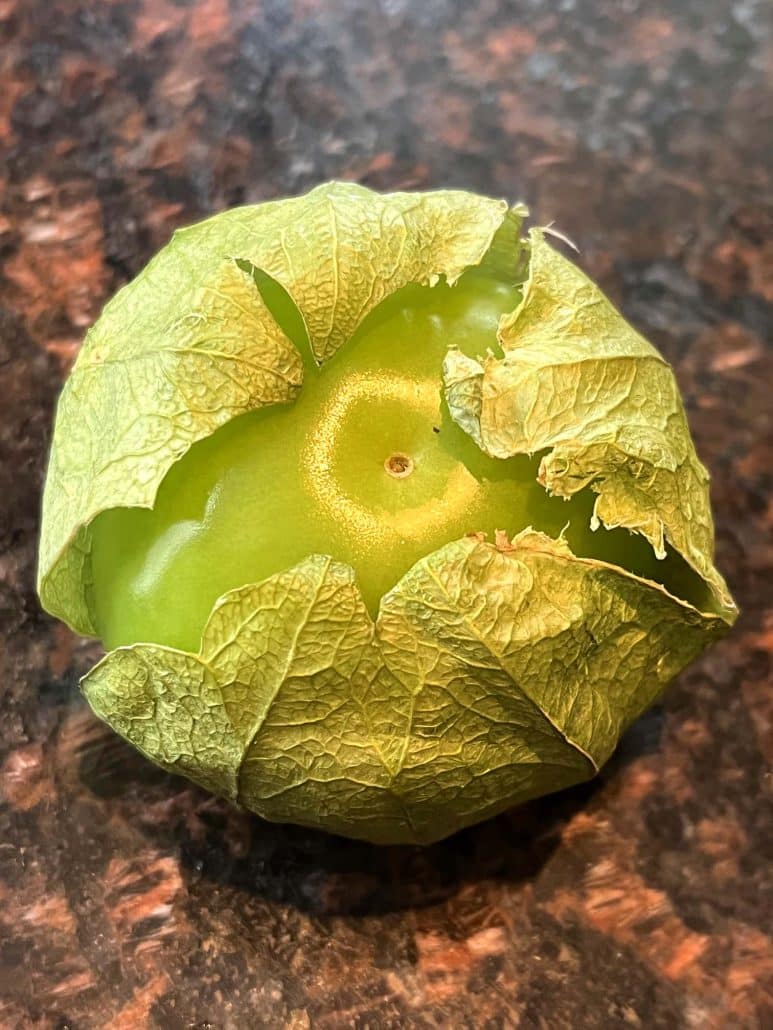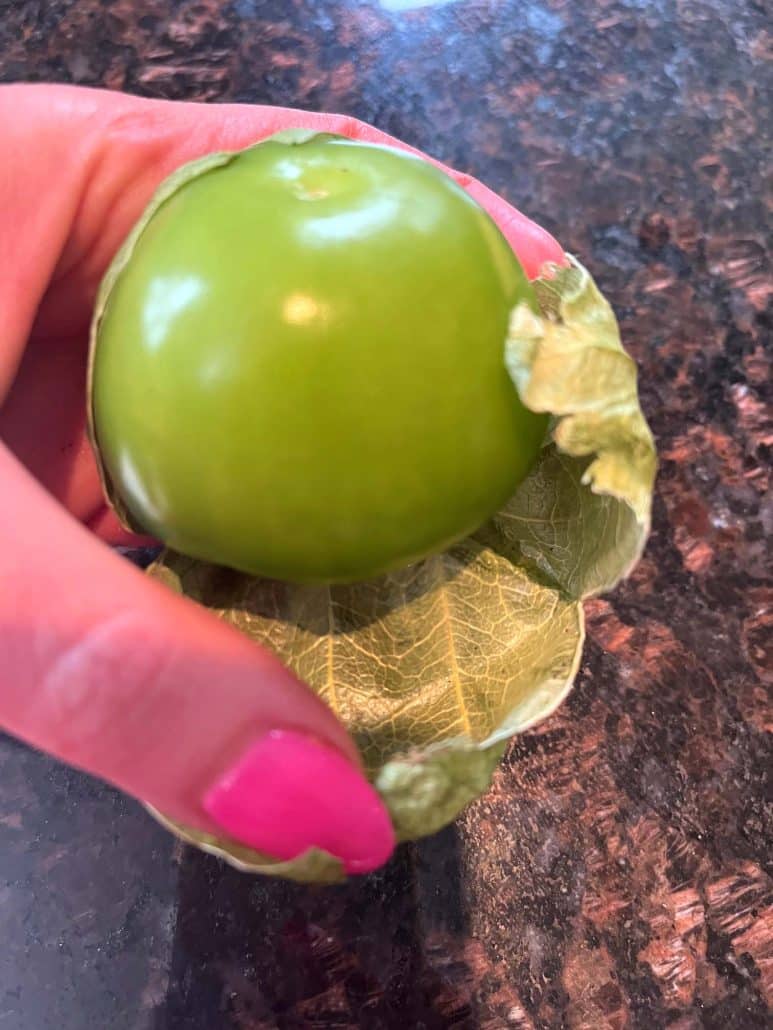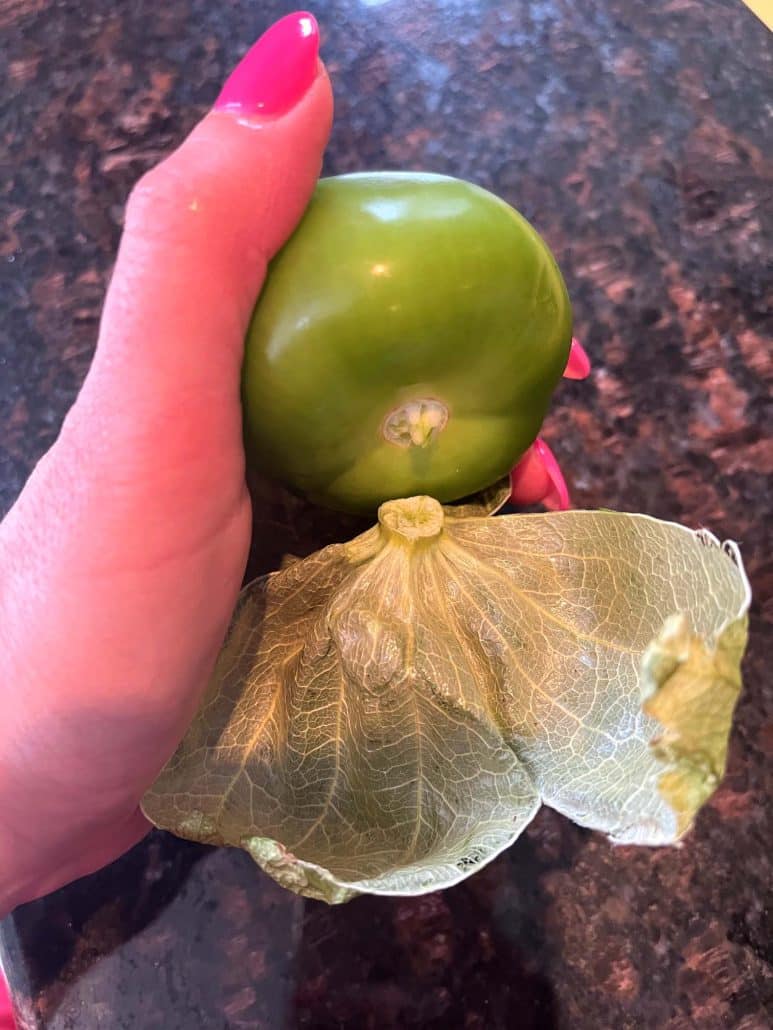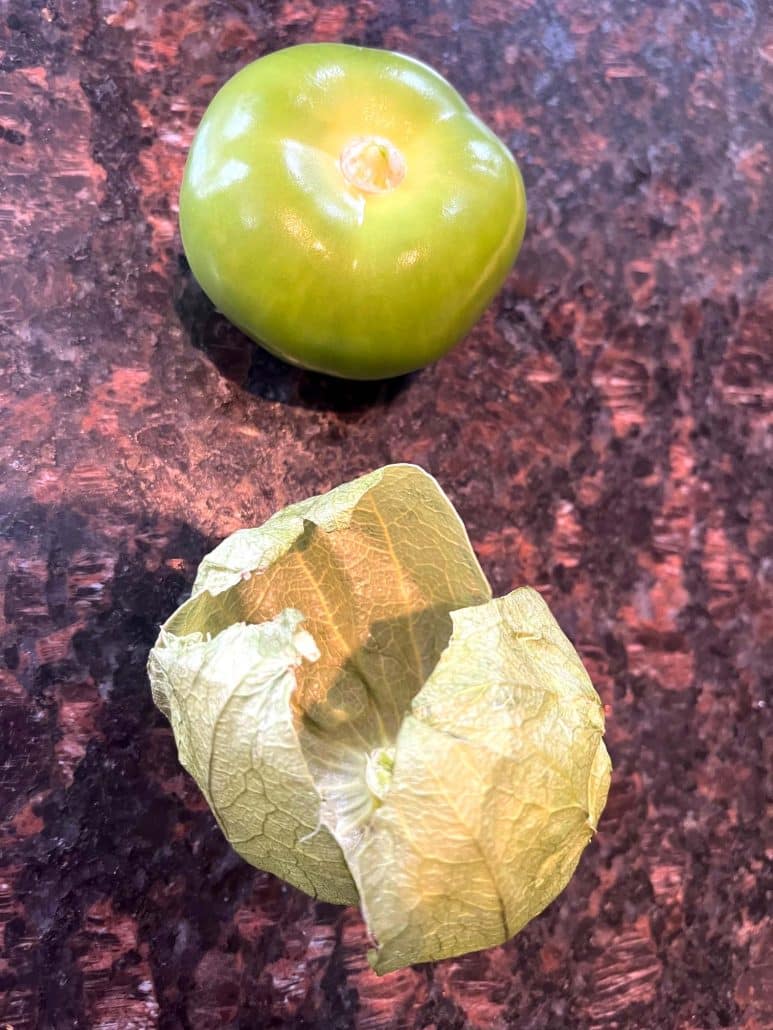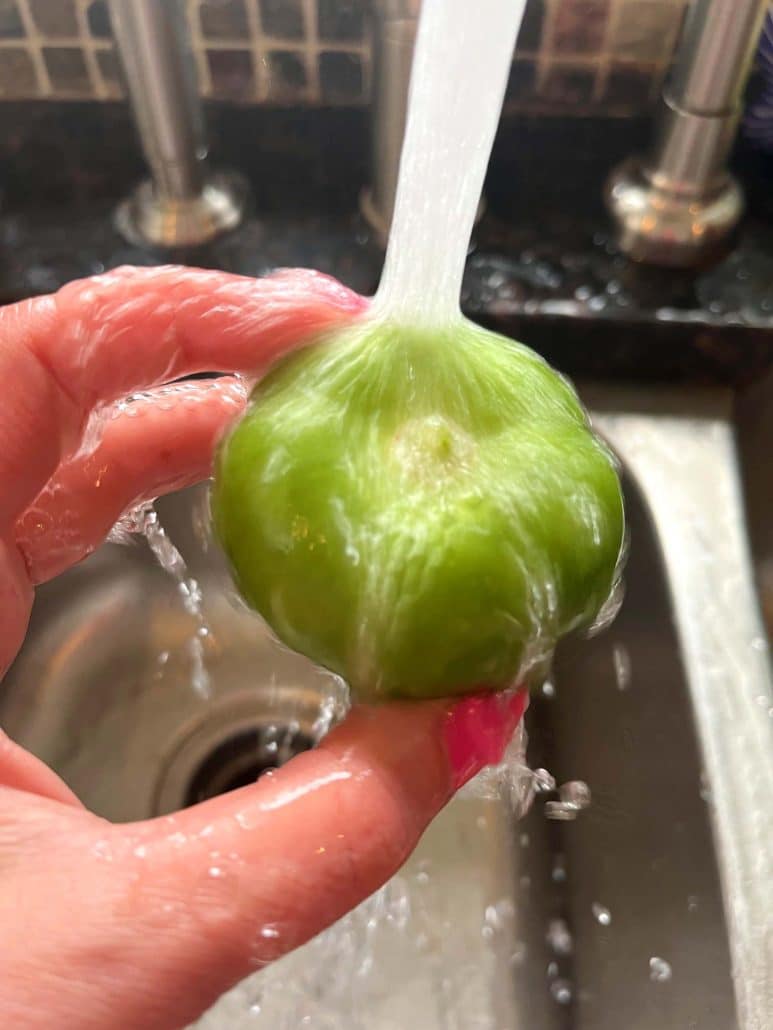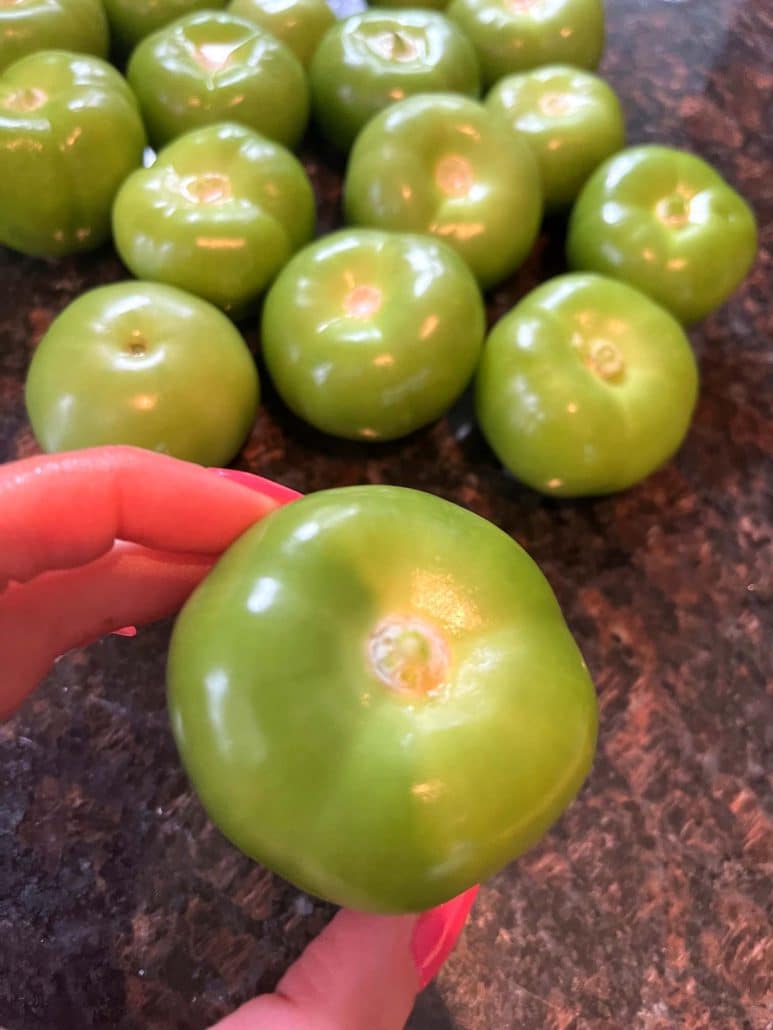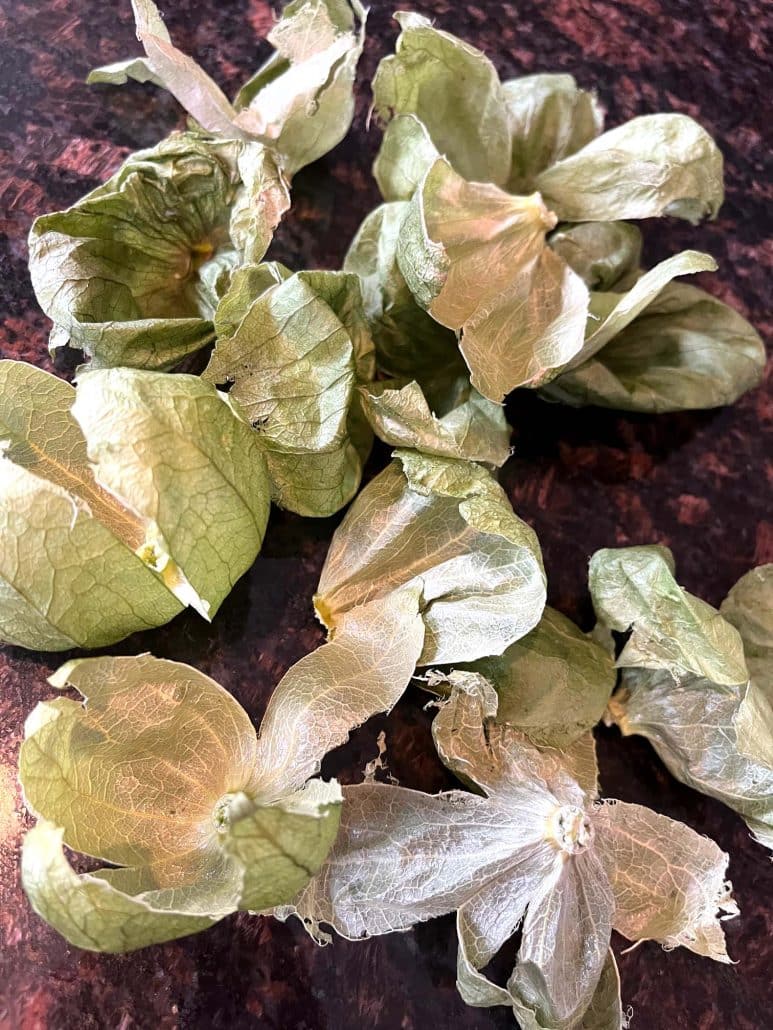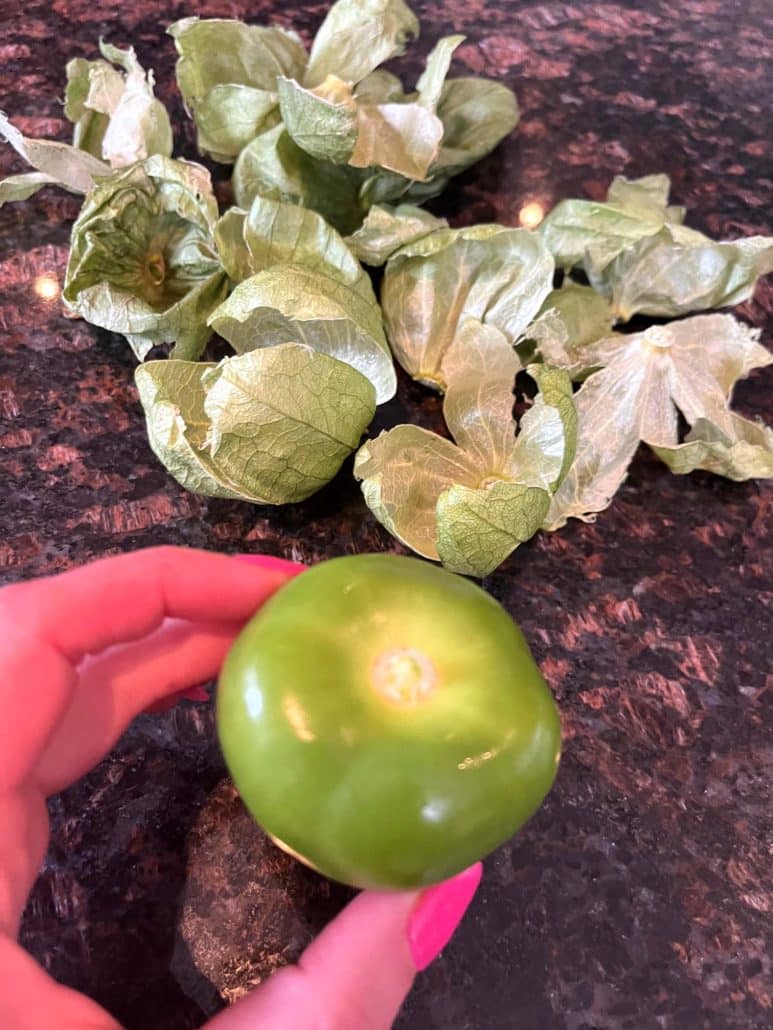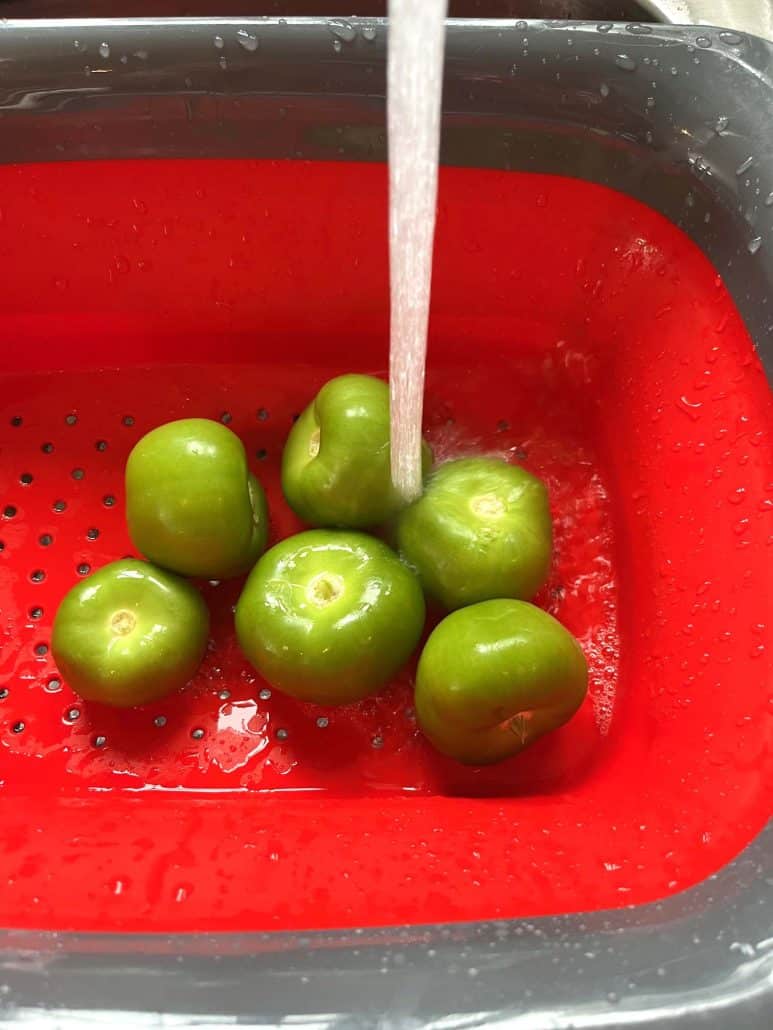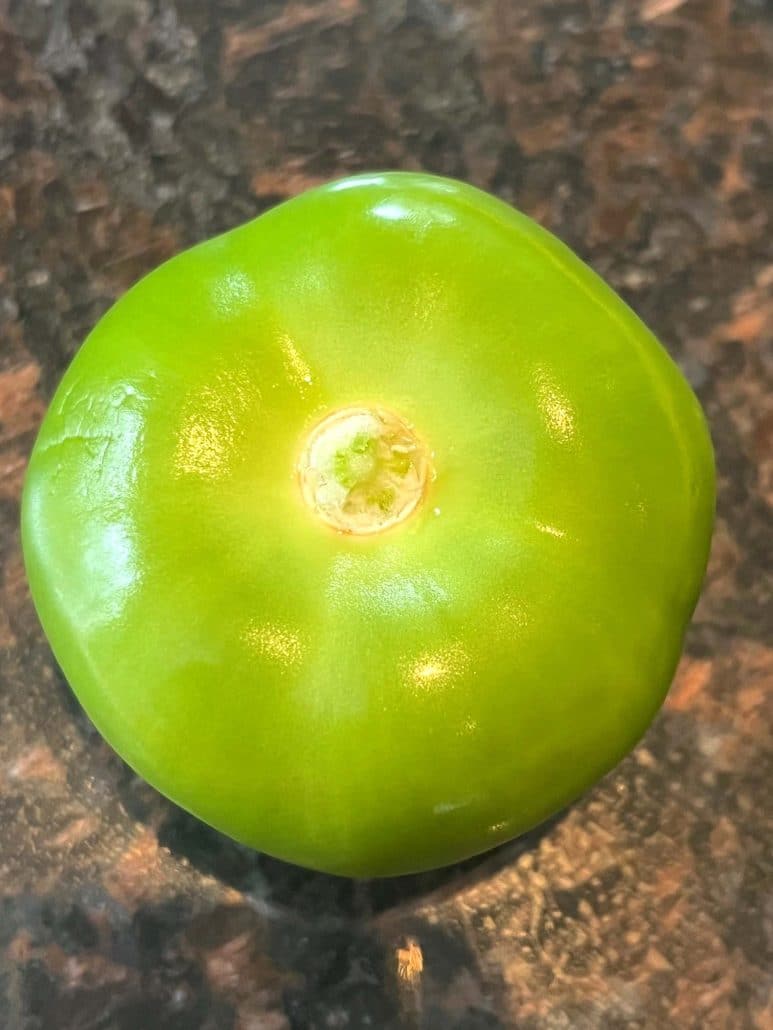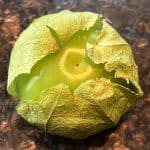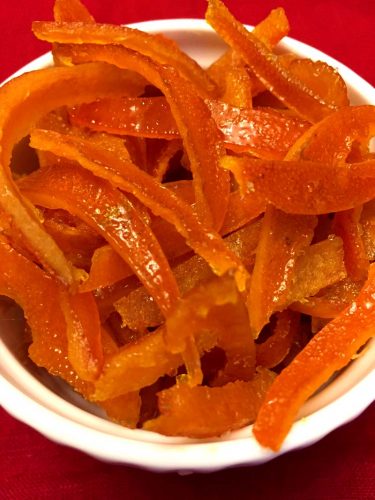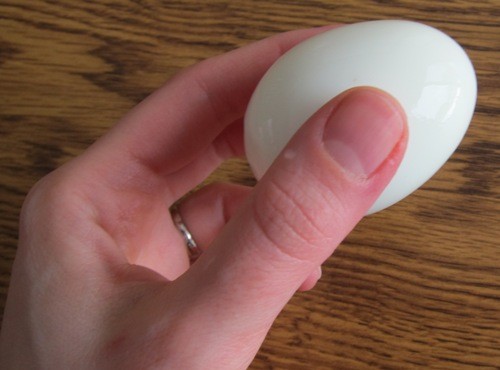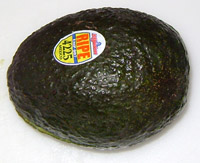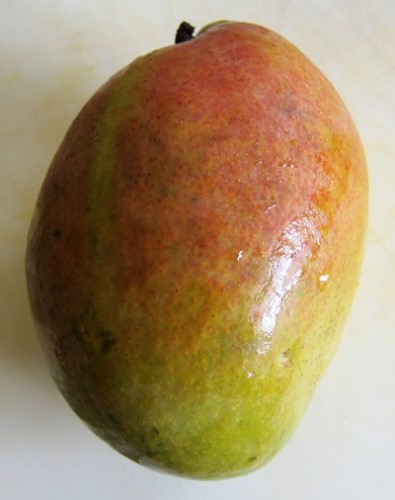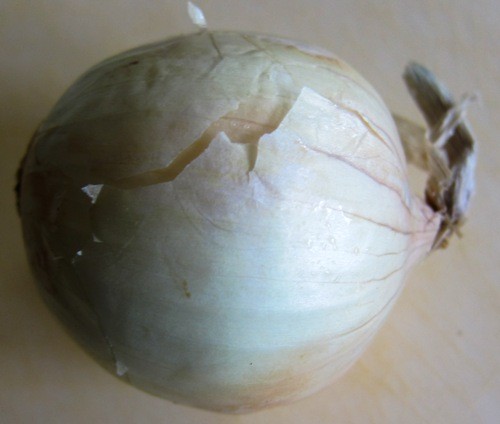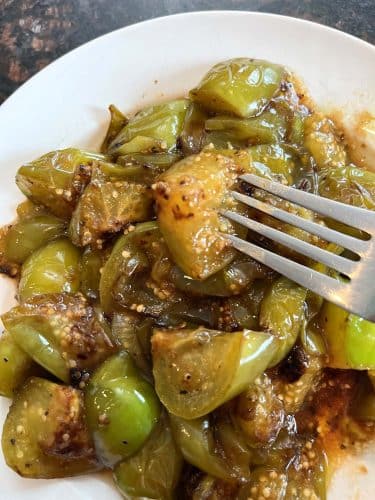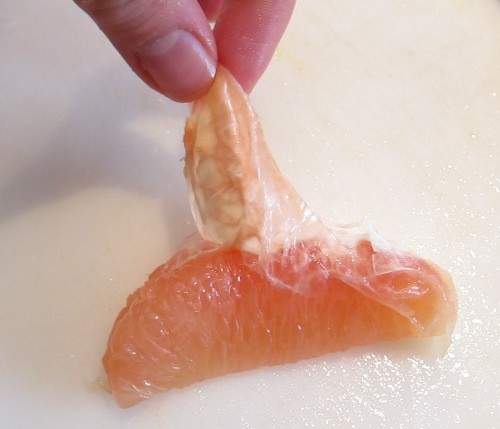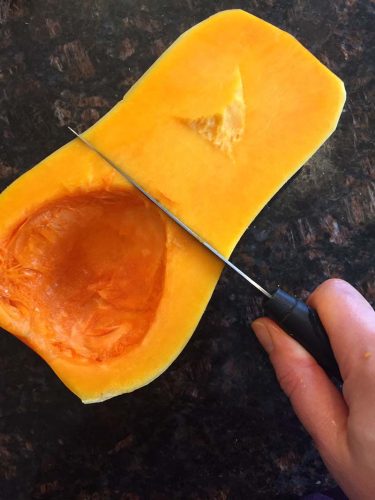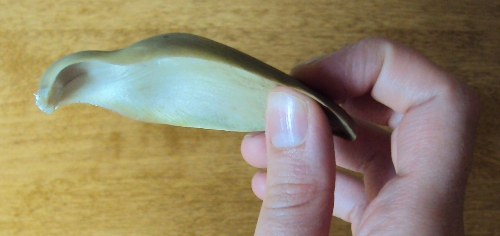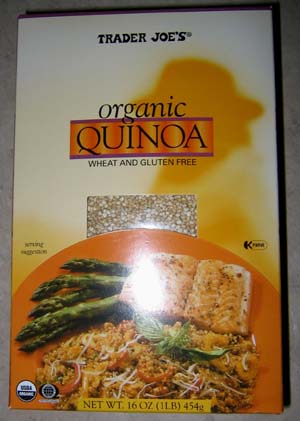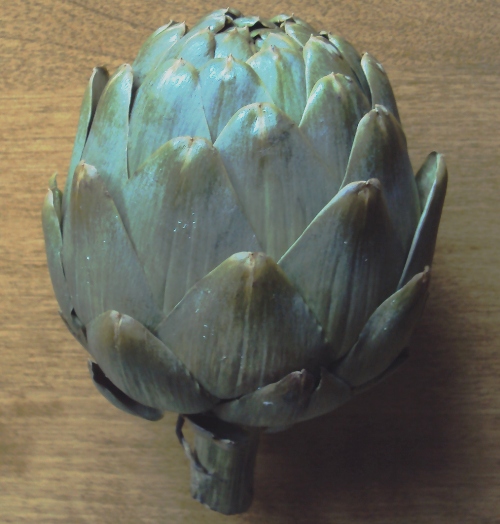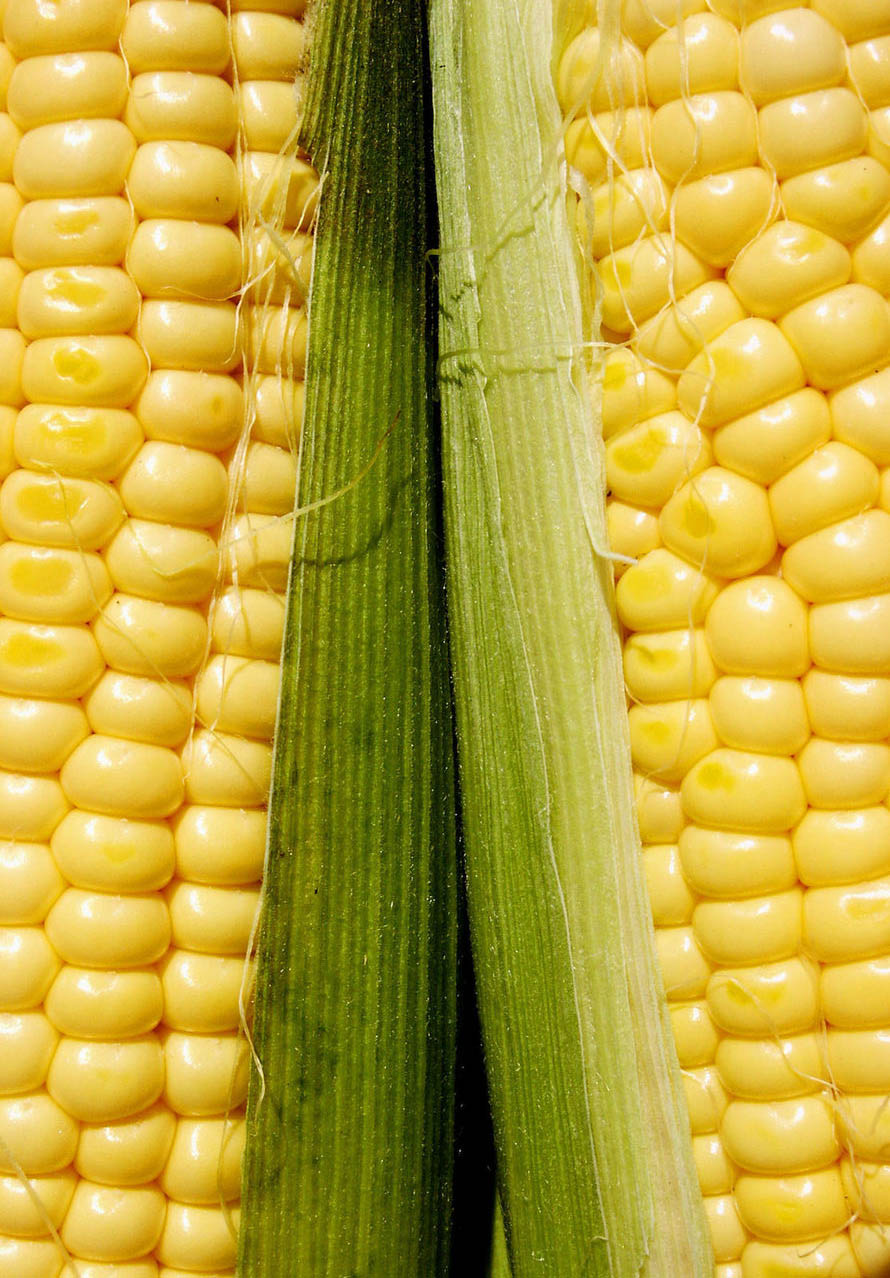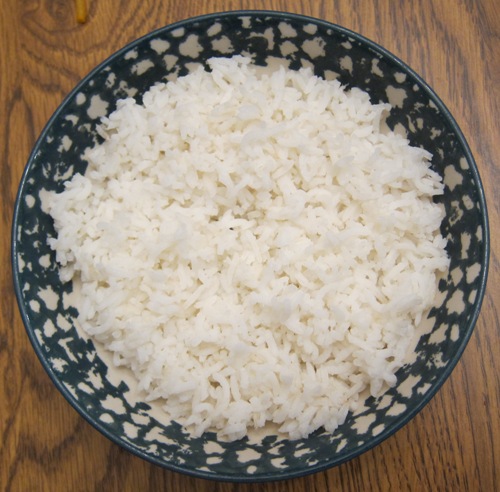How To Peel And Wash Tomatillos
This post may contain affiliate links (disclosure).
Tomatillos, often mistaken for green tomatoes, are a unique and versatile fruit that play a crucial role in many Mexican dishes, such as salsa verde and enchiladas. Unlike tomatoes, tomatillos come with a papery husk that needs to be removed, and their slightly sticky skin must be thoroughly cleaned before cooking. Properly peeling and washing tomatillos is essential to ensure they are free of dirt and ready to enhance the flavors of your recipes. In this guide, we will take you through the step-by-step process of peeling and washing tomatillos, making it easy for you to prepare them for any dish. Whether you are a seasoned cook or a kitchen novice, these simple instructions will help you handle tomatillos with confidence and ease.
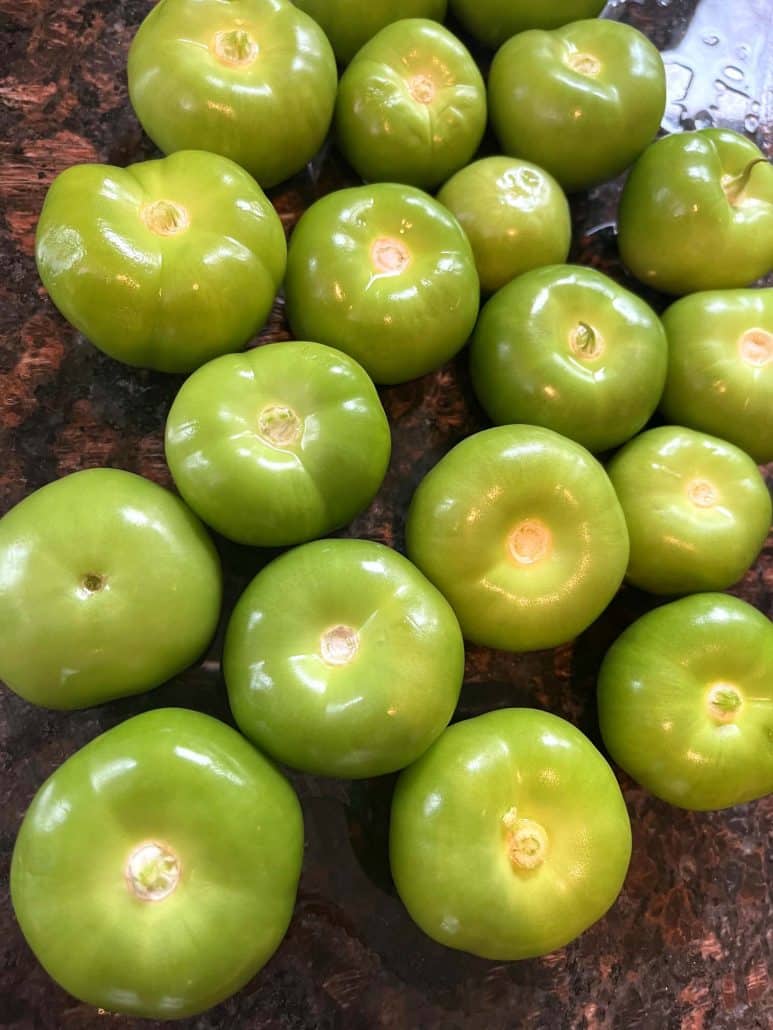
Want to save this recipe?
What You Need
Before you start peeling and washing your tomatillos, make sure you have the following items ready:
- Fresh Tomatillos: Select firm, bright green tomatillos with intact husks.
- Colander: For washing the tomatillos under running water.
- Knife: A small, sharp knife to remove the stems if necessary.
Having these materials on hand will make the process smooth and efficient, ensuring your tomatillos are properly prepared for cooking.
Step-by-Step Instructions
Peeling the Tomatillos
Step 1: Remove the Outer Skin
- Gently grasp the papery husk and pull it away from the tomatillo. The skin is usually easy to peel off, but if it’s stubborn, you can make a small tear in the husk to get started.
Step 2: Detach the Stem
- If the husk is attached by the stem, use a knife to cut off the stem, or simply tear it off by hand. Ensure all remnants of the husk are removed.
Note: The tomatillos may feel sticky after peeling. This is normal and one reason why they need to be washed.
Washing the Tomatillos
Step 1: Place in a Colander
- Put the peeled tomatillos in a colander to make washing easier.
Step 2: Wash Under Running Water
- Rinse the tomatillos thoroughly under cold running water. Make sure to wash each tomatillo individually to remove any dirt and the sticky film.
Step 3: Dry the Tomatillos
- Once washed, set the tomatillos aside to dry. You can pat them dry with a clean kitchen towel if necessary.
By following these steps, your tomatillos will be clean, peeled, and ready to use in your favorite recipes.
Frequently Asked Questions
Can you eat tomatillos raw?
Yes, tomatillos can be eaten raw, but they are often cooked to enhance their flavor and reduce their natural tartness. Raw tomatillos can be used in fresh salsas and salads.
How do you know when a tomatillo is ripe?
A ripe tomatillo is firm and fills out its husk completely. The husk should be dry and papery, while the fruit itself is bright green. Avoid tomatillos with shriveled or discolored husks.
What should I do if the tomatillos are too sticky?
The sticky residue on tomatillos is normal. Washing them thoroughly under running water, as described in the steps above, will remove this stickiness.
How do I store tomatillos?
Tomatillos can be stored in their husks in the refrigerator for up to two weeks. For longer storage, you can remove the husks and freeze the tomatillos in an airtight container or freezer bag.
Want to save this recipe?
Can I use tomatillos if they have turned yellow?
While tomatillos are best when bright green, they can still be used if they have turned yellow. However, the flavor may be sweeter and less tart than green tomatillos.
What are some common recipes that use tomatillos?
Tomatillos are a key ingredient in dishes like salsa verde, enchiladas verdes, and pozole. They can also be roasted and added to soups or stews for a tangy flavor.
How do I prepare tomatillos for cooking?
After peeling and washing, tomatillos can be chopped, sliced, or left whole depending on the recipe. They can be roasted, boiled, sautéed, or blended into sauces.
By understanding these frequently asked questions, you’ll be better prepared to work with tomatillos in your kitchen and make the most of this versatile ingredient.
For more delicious recipes and detailed cooking guides, check out these related articles and videos:
Step-by-Step Guide to Cutting Chicken Breast: Learn the proper techniques to efficiently and safely cut chicken breasts for any recipe.
Cutting a Pomegranate: Discover the easiest method to cut a pomegranate and extract its juicy seeds without the mess.
Cutting a Watermelon into Chunks: Follow this simple guide to slice a watermelon into perfect, bite-sized chunks.
Cutting a Melon: Master the steps to cut any melon, ensuring you get the most out of this refreshing fruit.
Cutting a Cantaloupe: Learn how to cut a cantaloupe quickly and easily, making it ready to eat or serve.
Cutting a Pineapple: Find out the best way to cut a pineapple, removing the tough skin and core to enjoy its sweet flesh.
Choosing the Right Cutting Board: Understand the differences between various cutting boards to choose the best one for your kitchen needs.
How To Peel And Wash Tomatillos
Want to save this recipe?
Recipe Video
Recommended Kitchen Tools (click the links below to see the items used to make this recipe)
Instructions
- Remove the outer skin. The skin is easy to peel off. Simply grab it and pull it away from the tomatillo.
- If the skin is attached by the stem, use a knife to cut off the stem or simply tear it off by hand.
- Place the peeled tomatillos in a colander.
- Wash them under cold running water. Ensure to wash each tomatillo thoroughly to remove any dirt and the sticky film.
- Once washed, set the tomatillos aside to dry.
Notes
- Tomatillos are generally not eaten raw; they need to be cooked before consumption.
See also:

